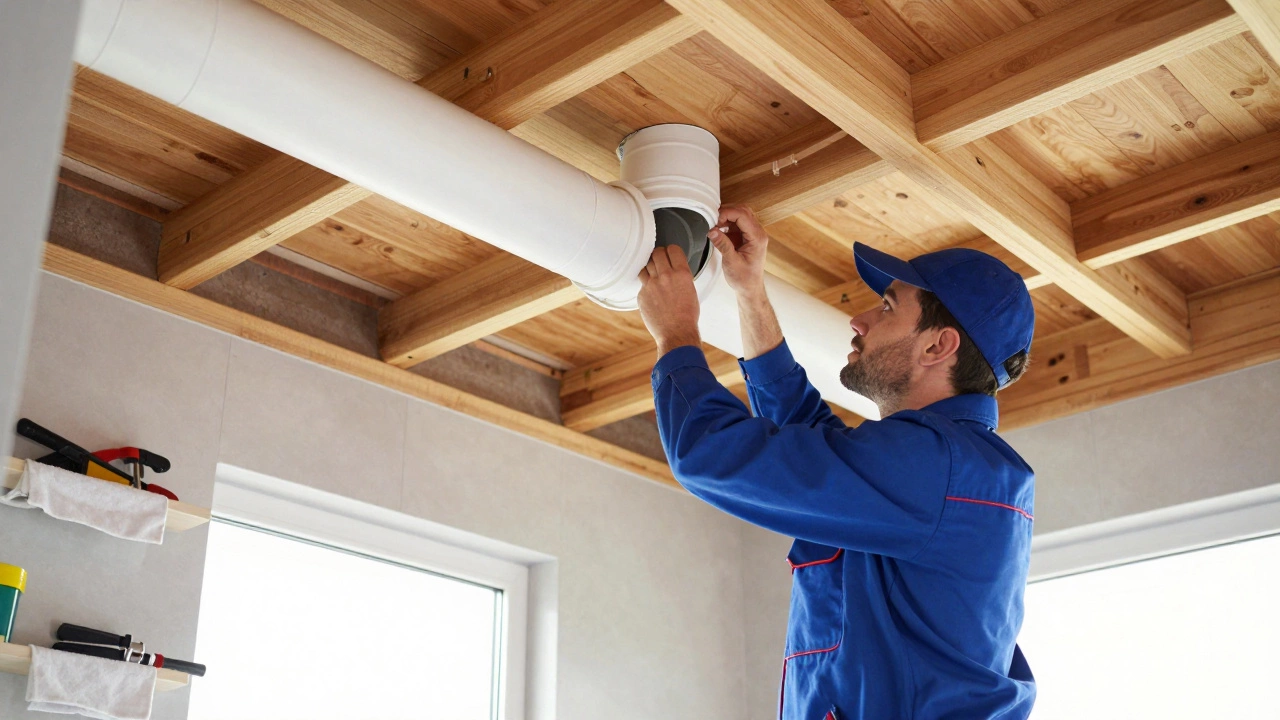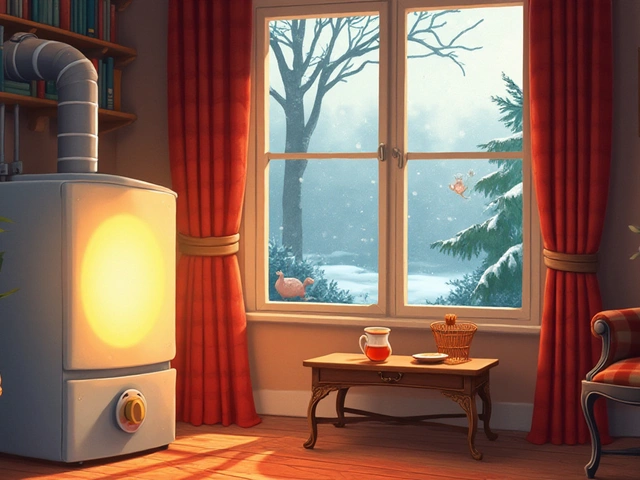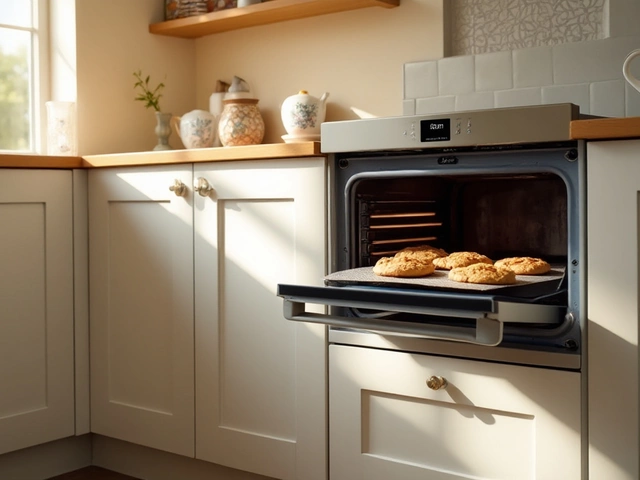If your kitchen fan is noisy, weak, or not turning on, you’re probably wondering what to do next. A good extractor fan keeps steam, smells and grease out of the air, so a faulty one can make cooking uncomfortable fast. The good news is that most problems are easy to spot and fix, and you don’t always need a pro.
First, identify the symptom. Is the fan humming but not moving air? That often means the motor is stuck or the blades are clogged. Does it stop after a few minutes? Overheating can trigger a built‑in safety switch. And if it never powers up, check the fuse or the plug before assuming the motor is dead.
Even the toughest fans wear out. Most units last 8‑12 years, but heavy use, grease buildup and humidity can shorten that. Replace the fan if you notice any of these signs:
If more than two of these issues show up, buying a new fan is often cheaper than endless repairs. New models are more energy‑efficient and quieter, so you’ll save on electricity and enjoy a calmer kitchen.
Changing a kitchen extractor fan yourself takes about an hour and a few basic tools. Here’s a quick rundown:
Most homeowners can handle these steps safely, but if the wiring looks complicated or the fan is wired into a hard‑wired circuit, call an electrician. A professional can also check that the vent duct is clear and correctly sized – a hidden blockage can ruin a brand‑new fan.
Regular maintenance makes a big difference. Wipe the grill weekly, clean the motor housing every six months, and check the duct for dust buildup. A quick vacuum or a soft brush keeps the fan running efficiently and extends its life.
When you’re ready to buy a replacement, look for a fan with a good CFM rating (cubic feet per minute) for your kitchen size, a quiet motor, and a washable filter. Many retailers also offer models with built‑in timers or humidity sensors, which can automate ventilation and save energy.
Whether you choose to repair or replace, a well‑functioning kitchen extractor fan makes cooking more pleasant and protects your cabinets from grease stains. Keep an eye on performance, clean it often, and you’ll enjoy fresh air for years to come.

Plumbers can install extractor fan ductwork, but only electricians can legally wire them. Learn who to call for safe, code-compliant installation and how to avoid costly mistakes.

This article provides a comprehensive guide on how to test and maintain your kitchen extractor fan to ensure it functions optimally. It includes practical steps for diagnosing common issues, cleaning tips to improve efficiency, and essential maintenance advice. Discover how to test airflow and electrical components safely, ensuring your kitchen remains free from unwanted odors and excess humidity. Learn valuable insights and practical tips to keep your extractor fan in top shape.

Thinking about swapping out your gas hob? Safety rules in the UK are strict, and there’s more to it than just unscrewing pipes. This article looks at whether you really need a gas engineer for the job, what could go wrong if you cut corners, how to pick the right pro, and little-known facts about what happens during an installation. It’s a no-nonsense breakdown for anyone facing a hob swap, putting your safety at the front of the queue.

Wondering how long you can cope with a broken boiler? Get clear facts, repair timelines, survival tips, and legal details so you don’t get left in the cold.

Neglecting boiler maintenance can lead to a series of unfortunate events, from reduced heating efficiency to costly breakdowns. A neglected boiler could become a safety hazard, potentially increasing the risk of carbon monoxide poisoning. Regular servicing can enhance your boiler’s longevity, ensuring a warm home environment during cold spells. Discover why these routine check-ups are more crucial than many realize and learn how they can save you from avoidable expenses.

An electric oven is a staple in most kitchens, used for everything from baking cookies to roasting savory meals. Knowing how long an electric oven is expected to last can help homeowners budget and plan for replacement or repairs. This article explores the average lifespan of electric ovens, factors influencing their durability, and tips on maintenance to extend the life of the appliance. Understanding these aspects will aid in maximizing the utility and performance of your oven.

Repairing an extractor fan can seem daunting, but with the right guidance and tools, it's a task that can be tackled with confidence. This article walks you through the essential steps of diagnosing common issues, the tools needed for basic repairs, and tips for maintaining your fan in top condition. Whether in a kitchen or bathroom, keeping your extractor fan functional ensures optimal ventilation and air quality. Learn when a repair is possible and when it might be time to seek professional help.